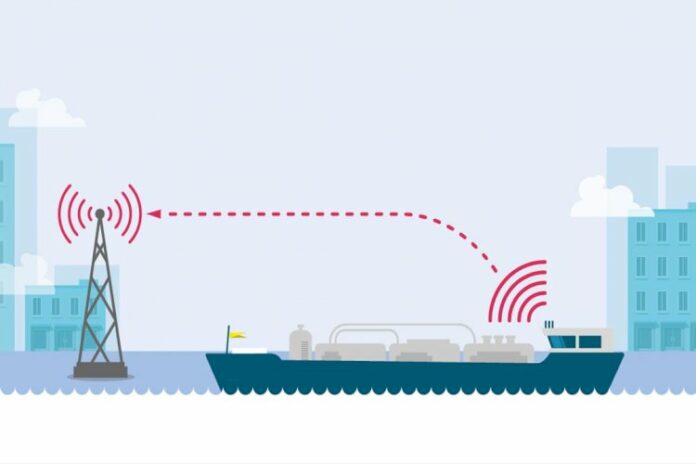From then, skippers and inland shipping companies will only have to submit a single, digital report on their route, cargo and ship’s data for voyages on waterways in Flanders and on the Western Scheldt.
Lydia Peeters, Flemish Minister for Mobility and Public Works, said:
“The reporting platform SWINg is an important milestone in the digitization of inland shipping, which contributes to efficiency and safety. This collaboration and initiative, which also includes the Dutch Rijkswaterstaat (Ministry of infrastructure and Water Management) and other actors, puts the partners involved among the forerunners in Europe in the field of digitization.”
Currently, skippers and barge operators must repeatedly report (the same) travel, cargo and ship data to every authority they encounter on their route.
Chris Danckaerts, managing director of De Vlaamse Waterweg, says:
“While one authority allows this in digital format, another requires it through VHF radio, and in some cases, one even has to disembark to submit a form at the shipping desk. The new reporting platform SWINg – an acronym for Single Window for Inland Navigation – puts an end to this extensive administrative work.”
The skipper or inland shipping company uses existing or new software to submit the data to the reporting platform, which automatically forwards it to all the shipping and port authorities on the vessel’s route. After all, the reporting platform and the authorities’ own digital applications are already coordinated. This means that the reporter only has to submit the data once, digitally. The data exchange takes place in accordance with the GDPR legislation.
SWINg offers administrative simplification, while making inland shipping even safer and more efficient. Reporting less often means that the skippers have fewer distractions and the risk of accidents decreases because people no longer have to go ashore. In addition, the shipping and port authorities will be able to better estimate the risks of incidents and respond more quickly if an incident does occur. They have advance information about the types of ships and cargos that are in the port or on the waterway. The reporting platform will also permit better planning of ships’ routes. Bridge and lock operations planning is optimized.
Software suppliers are making existing reporting packages compatible with the new SWINg reporting platform. So, those who already report digitally will not need to install any new software on board. In view of the upcoming introduction of mandatory digital reporting, those who do not yet use software will benefit from doing so. The current target is to make this mandatory for ships with dangerous goods from 1 January 2021, and shortly afterwards for other vessels.



